David Gibbs, CEO of Yum! Brands, candidly shared that a 3% drop in same-store sales across its major brands like KFC, Taco Bell, and Pizza Hut was anticipated.
In his words, “It was expected,” as the recent press release delved into the broader economic shifts and evolving consumer habits that are reshaping the fast-food landscape.
A Mixed Bag for Yum! Brands
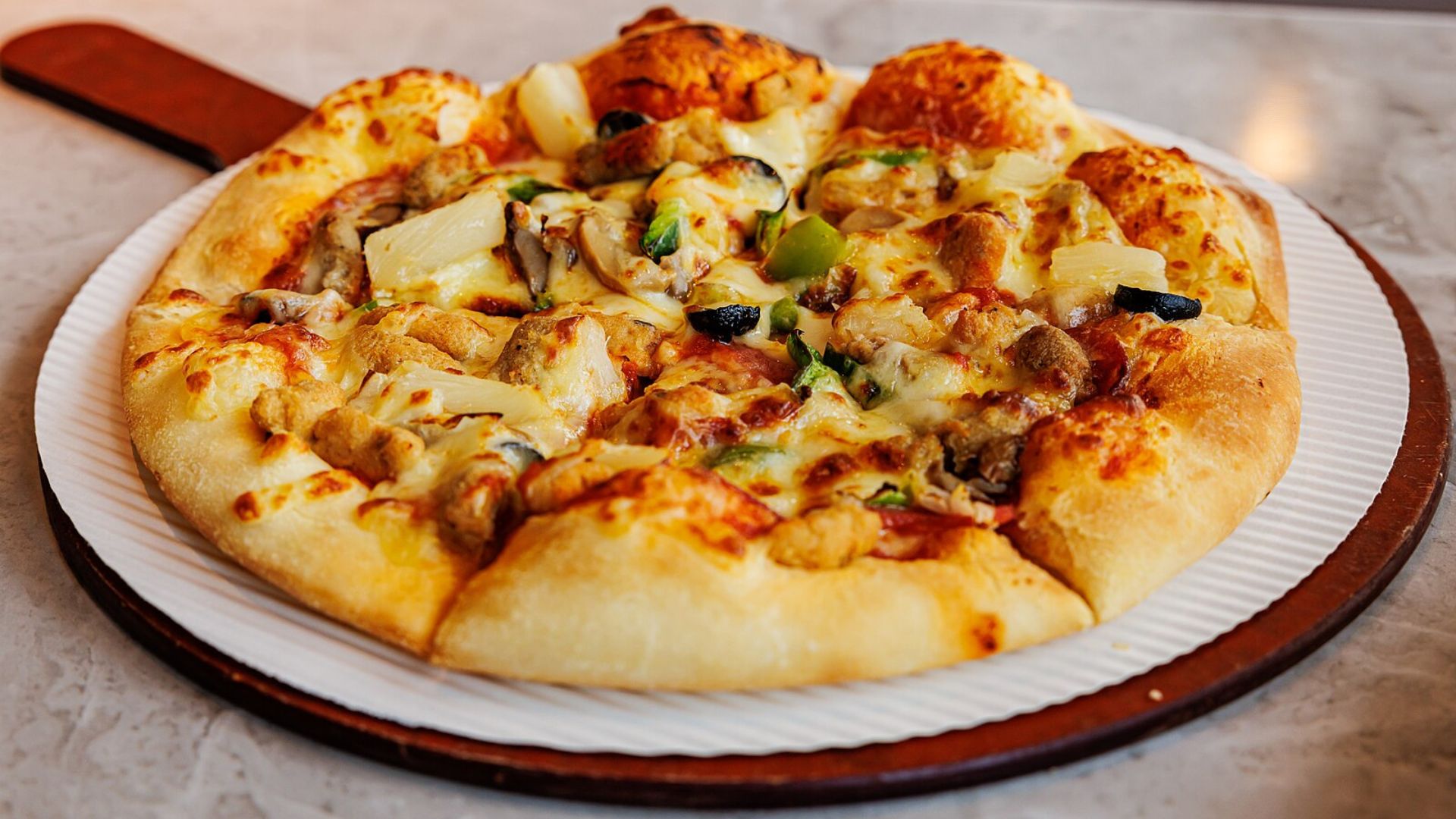
It’s not all doom and gloom at Yum! Brands, though the tide isn’t rising equally for all ships.
The latest figures reveal a stark 7% slump in Pizza Hut’s sales and a milder 2% dip for KFC. Bucking the trend, Taco Bell managed a 1% gain, illustrating the unpredictable impact of the current economic climate on different fast-food chains.
Starbucks Feels the Burn
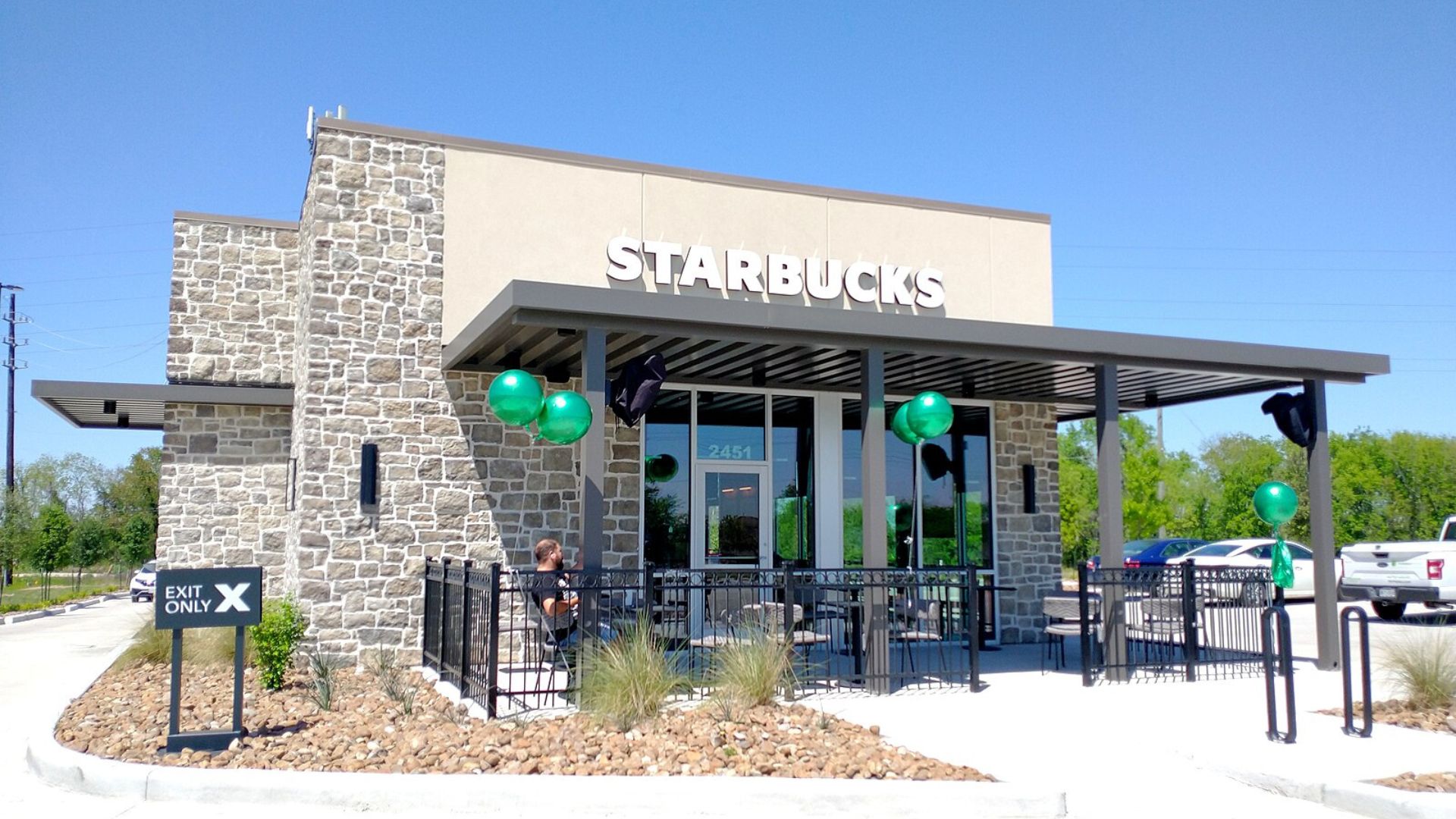
Starbucks has seen better days, with a 4% drop in global store sales this last quarter. CEO Laxman Narasimhan explained the downturn with a straightforward assessment: “We continue to feel the impact of a more cautious consumer.”
The mix of fewer transactions and slightly higher ticket prices paints a picture of a brand wrestling with consumer reticence amid economic uncertainty.
Stormy Weather for Starbucks

Challenging weather conditions compounded Starbucks’ troubles, leading to a significant sales dip.
“Severe weather impacted both our U.S. and total company comp by nearly 3% during the quarter,” Narasimhan stated, highlighting how factors beyond their control are affecting sales and shaping customer behavior.
McDonald’s Navigates Rough Waters

Despite the turbulent market, McDonald’s reported a slight increase of 1.9% in its comparable sales, although this is a step down from previous growth rates.
CEO Chris Kempczinski pointed to the enduring “broad-based consumer pressures” that are testing the fast-food giant across various global markets.
Price-Conscious Patrons at McDonald’s

Chris Kempczinski of McDonald’s observed that heightened day-to-day expenses are leading consumers to think twice about where they spend their money, notably affecting the fast-food sector.
He noted, “Consumers continue to be even more discriminating with every dollar that they spend,” underscoring the economic pinch felt by many.
Bargains on the Menu
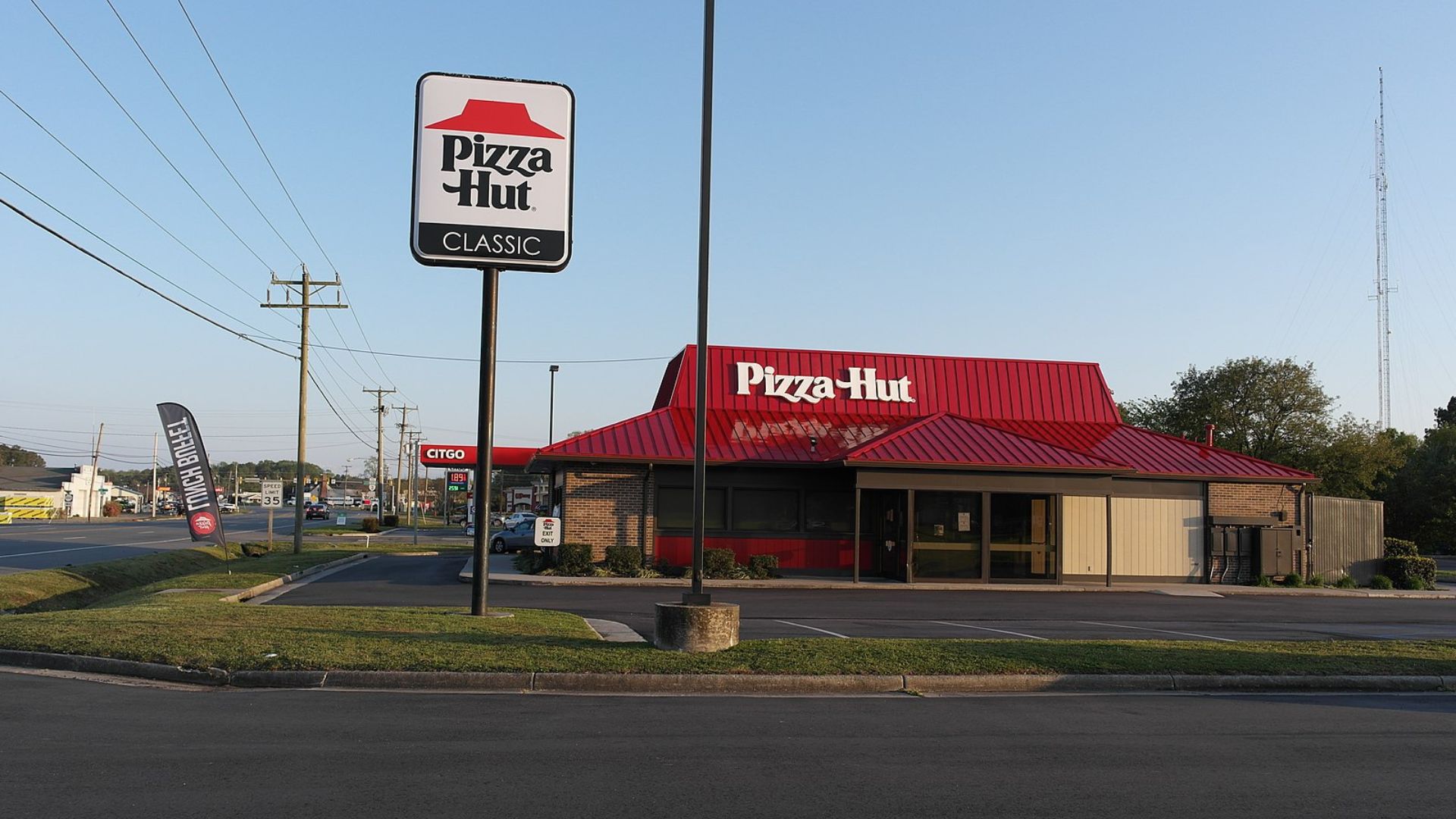
In response to tightened budgets, McDonald’s and Yum! Brands are spotlighting value deals more than ever.
These initiatives aim to draw diners who are increasingly choosing to eat at home, offering them reasons to treat themselves without breaking the bank during these uncertain economic times.
Contrasting Fortunes in the Fast-Food Arena
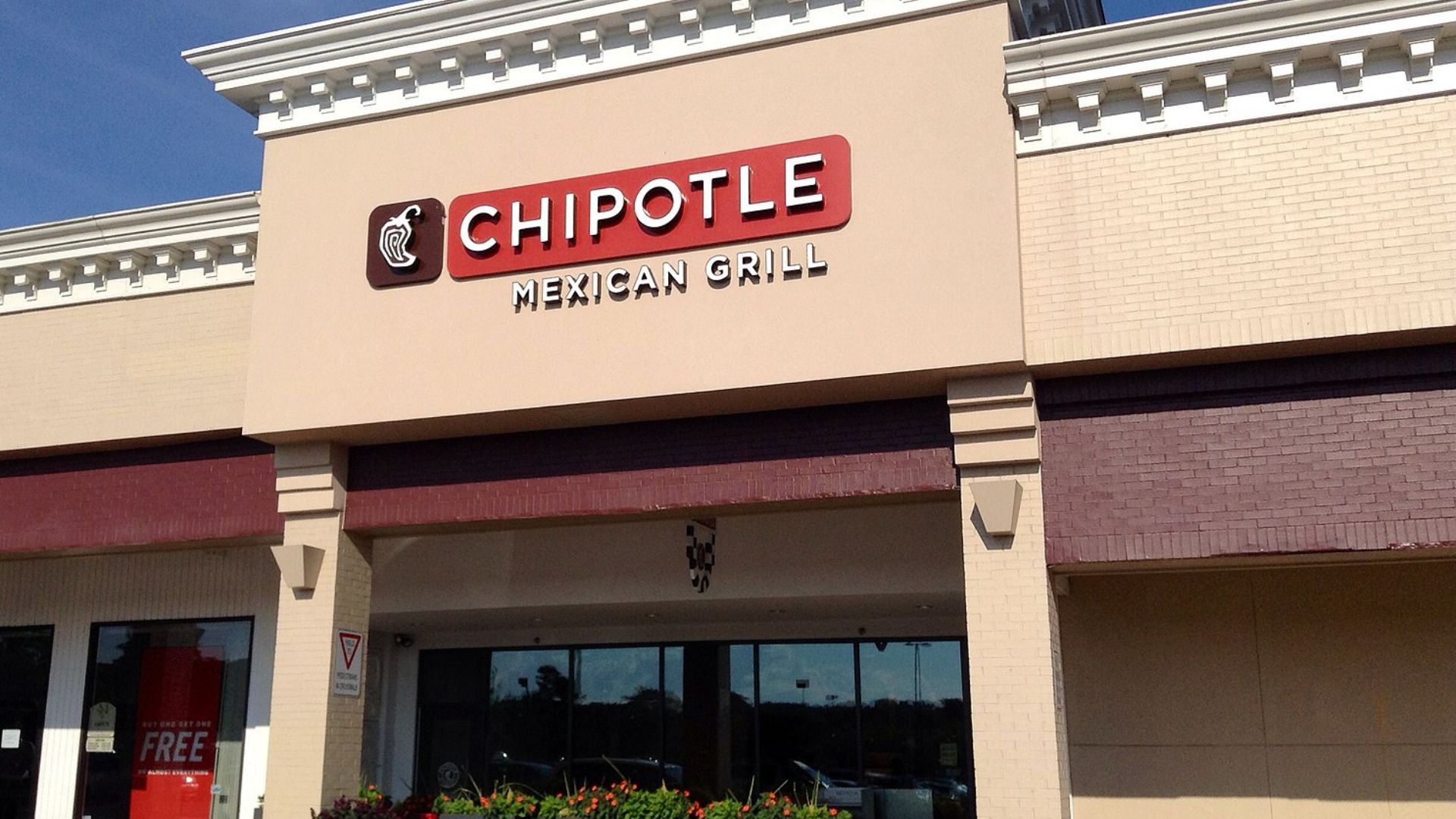
While some fast-food chains like McDonald’s and Yum! Brands are strategizing around economic headwinds, others like Chipotle and Restaurant Brands International are charting growth.
Their success suggests that agility and aligning with customer preferences remain key in navigating the industry’s current challenges.
Worldwide Woes and Wins
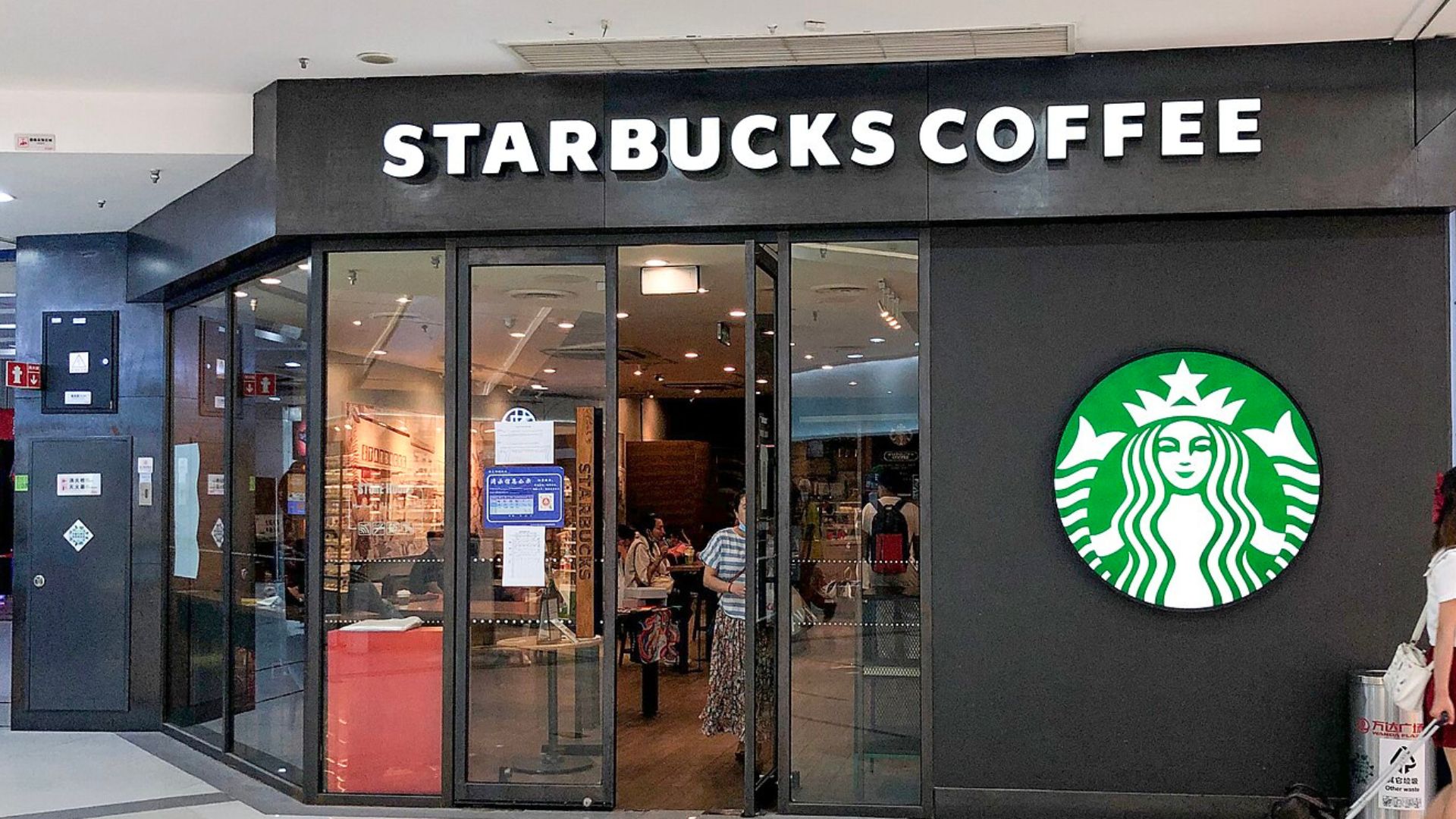
The international presence of companies like Yum! Brands, Starbucks, and McDonald’s means their fortunes vary widely across the globe.
Each brand’s performance mirrors the economic and consumer health of the regions they operate in, affecting their strategies and success rates differently.
Adapt or Fall Behind
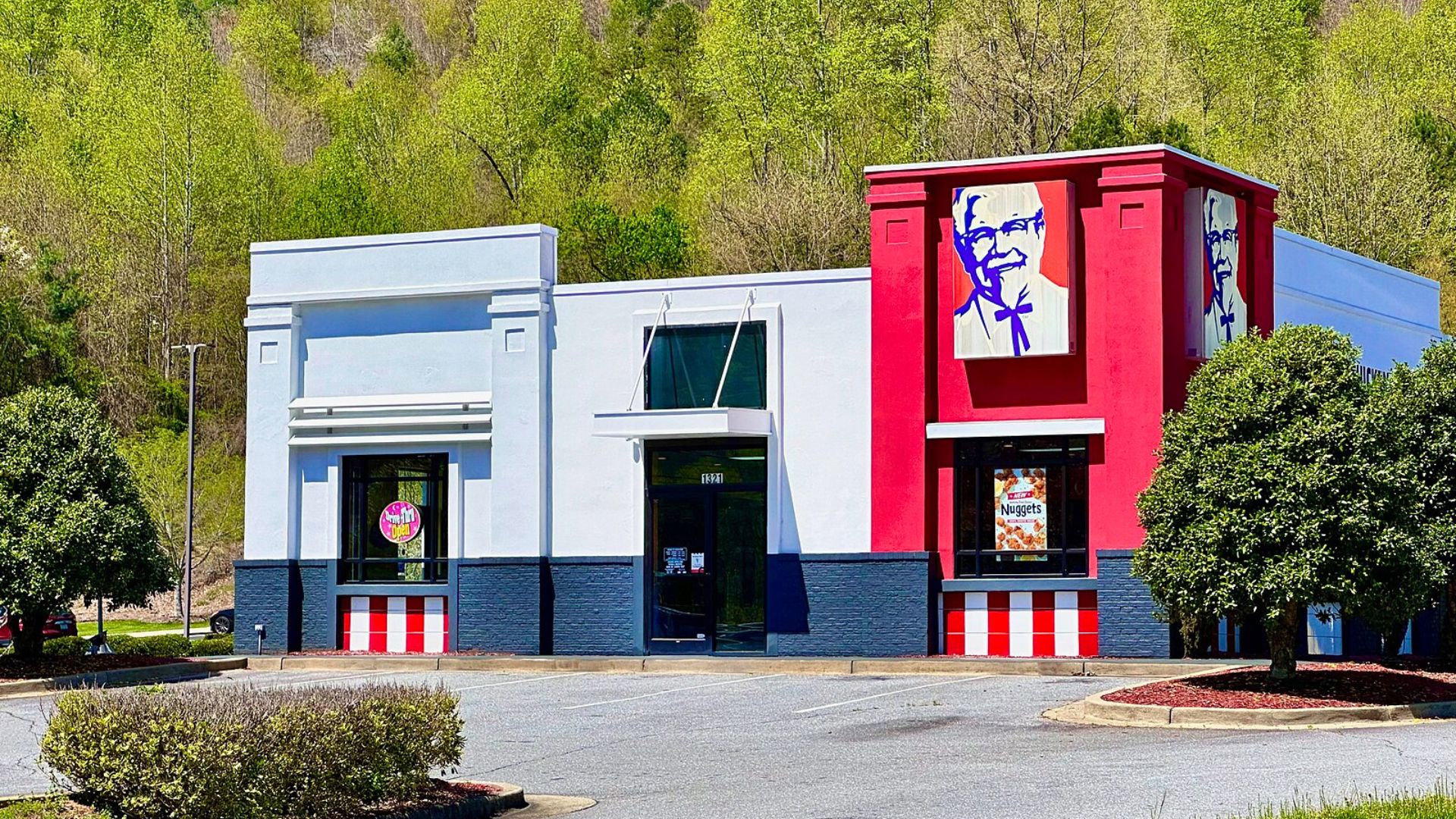
The fast-food industry is at a significant crossroads, facing shifts in both economic conditions and consumer tastes.
Companies are finding that they must evolve quickly to keep pace with market demands and stay competitive amidst growing challenges.
Analysts Keep a Watchful Eye
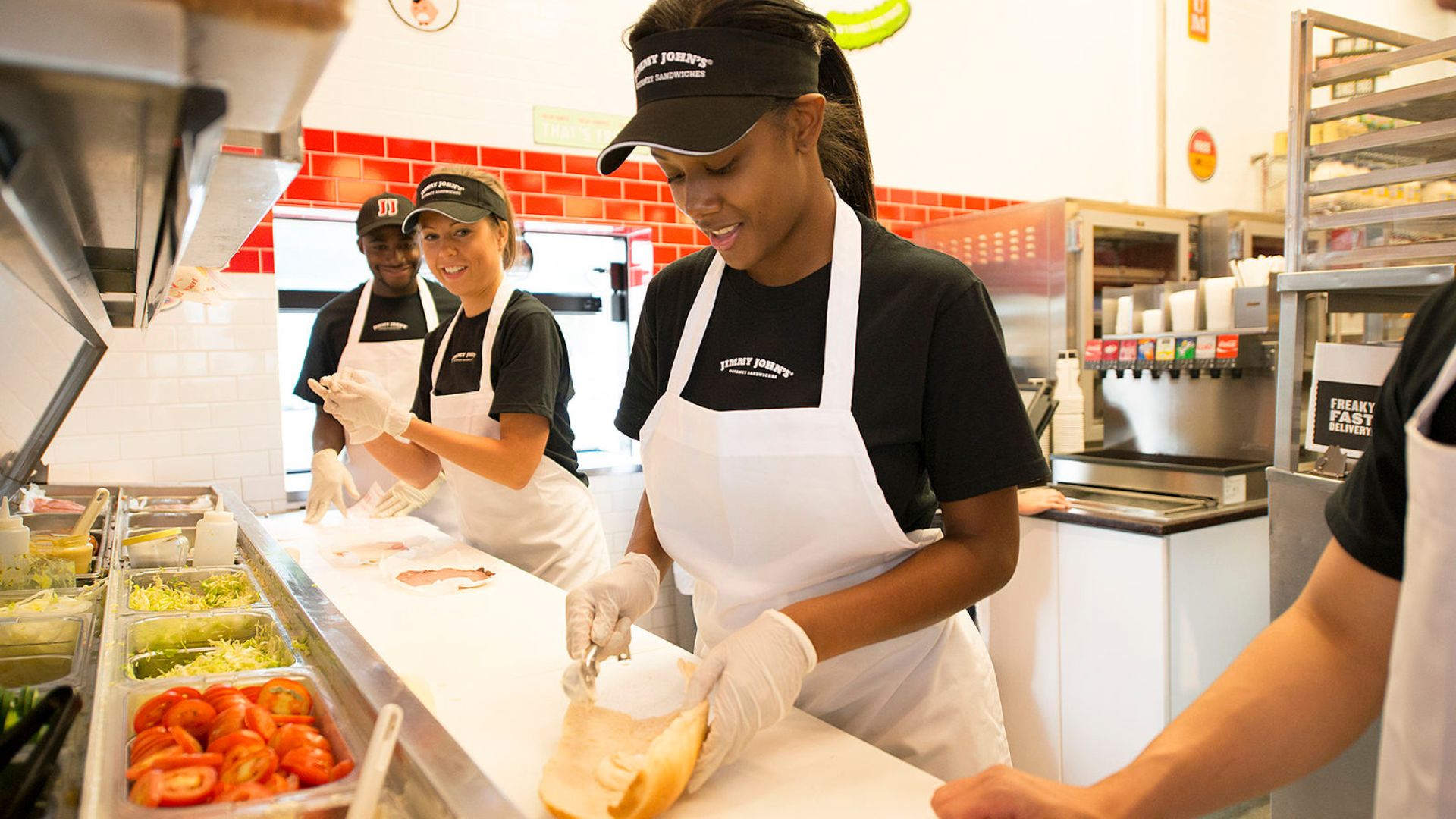
Financial experts continue to monitor the fast-food sector closely, anticipating ongoing fluctuations and shifts in consumer behavior.
Their consensus suggests that the industry’s future will hinge on its ability to offer both quality and value in a balancing act that could determine the fate of many companies.
What Lies Ahead for Fast Food?
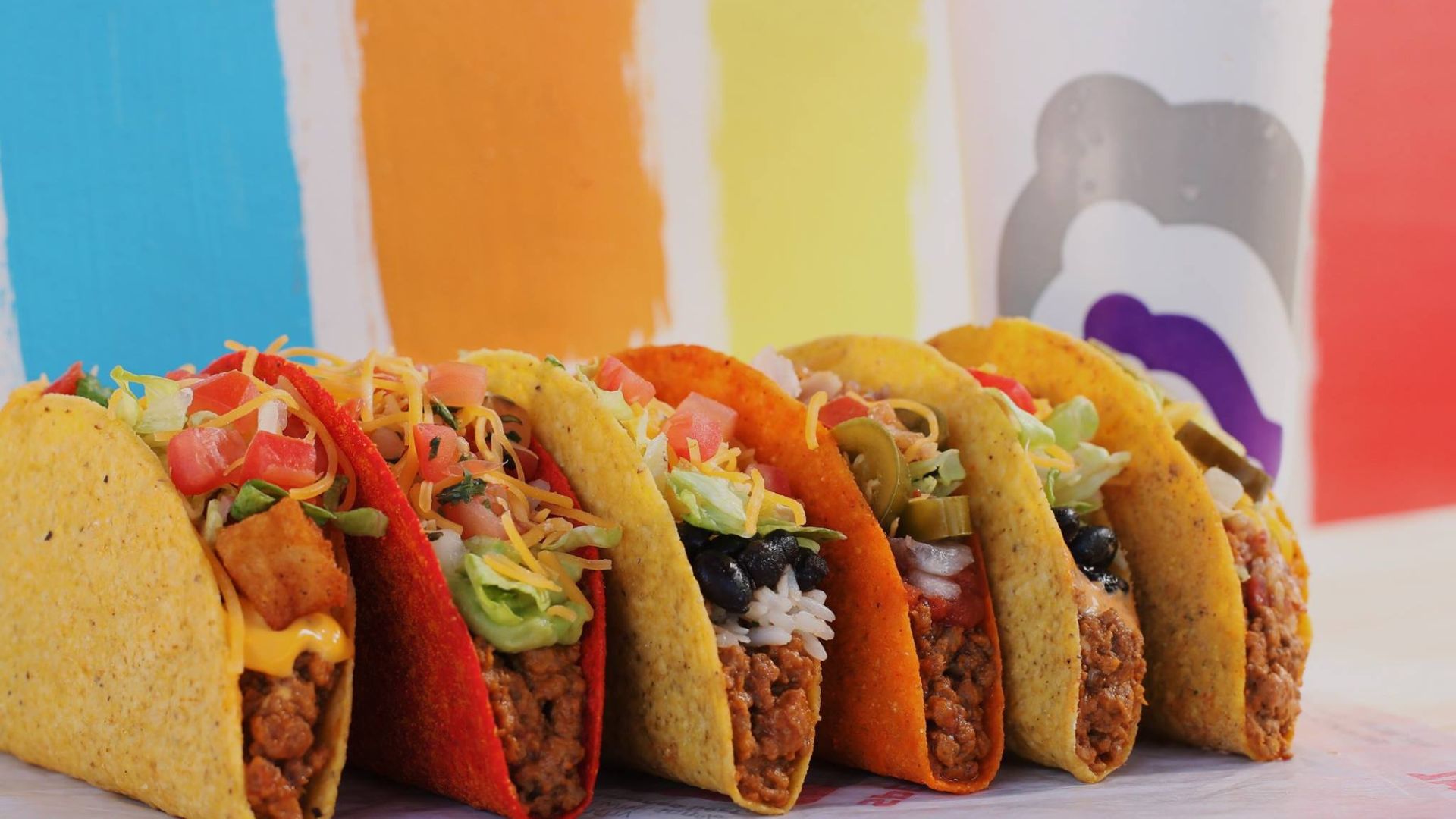
As the fast-food industry approaches a crucial juncture, its ability to innovate and adapt to rapidly changing economic landscapes and consumer expectations will play a critical role.
The strategies that companies implement now will likely shape their trajectories in this swiftly evolving market, setting the stage for future success or failure.
